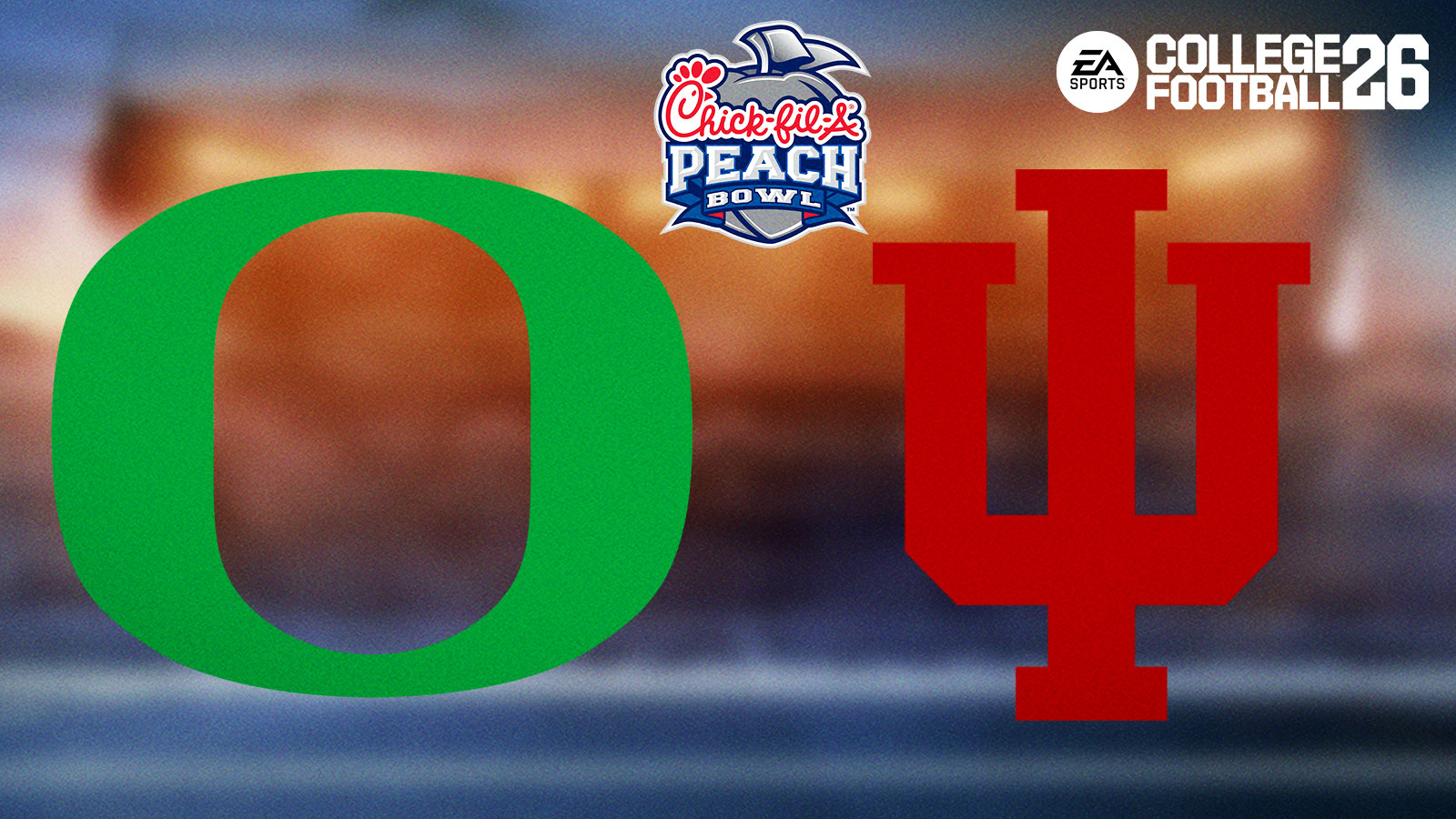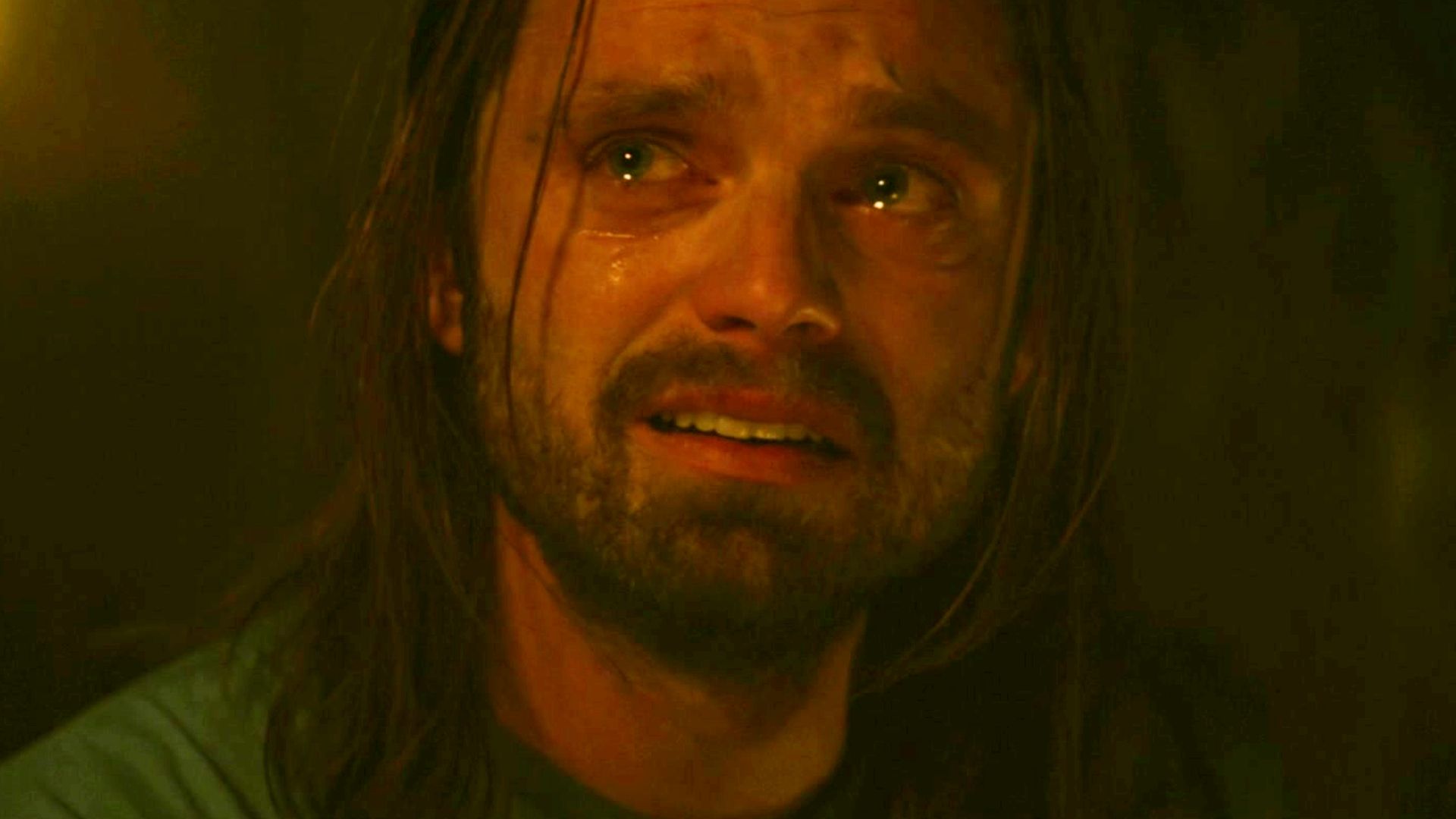Reese’s Oreos are officially back in stores permanently after limited runs

These popular sandwich cookies were first available for a limited time, and recently sold at Hershey’s stores nationwide. Due to high customer demand, they’re now a permanent addition to the Oreo lineup, along with other new Oreo flavors being released this month.








